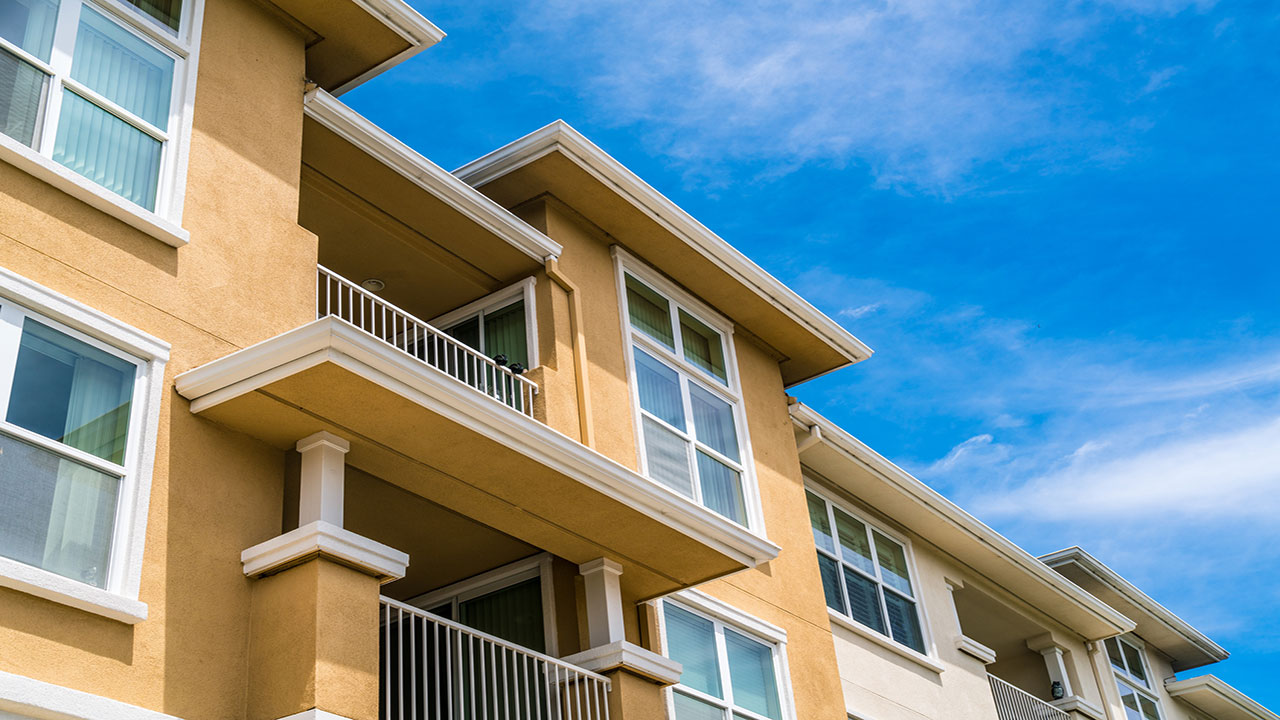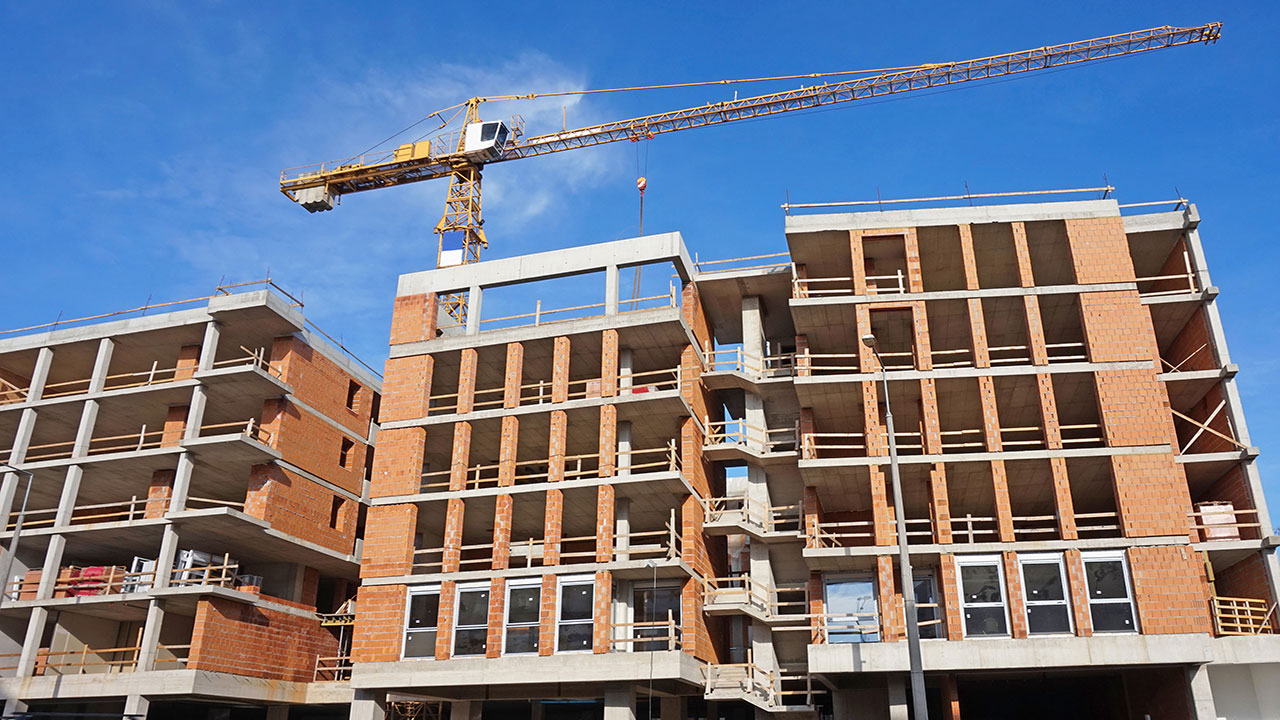Condo Requirements For FHA Loan Approval

Plenty of homebuyer hopefuls turn to condos as a way to get into the real estate market, and for good reason. Condos are usually more affordable than single-family homes, offer plenty of amenities, and come with far less maintenance than traditional housing options.
But if you’re planning to take out an FHA loan to make a condo purchase, you’re going to have to make sure that the condo you have your eye on is FHA approved. Only condos that have FHA approval will allow purchases to be made with an FHA loan. Otherwise, conventional mortgages will be required to complete a transaction.
The question is, what exactly are the requirements needed for condos to meet in order to be FHA approved?
Minimum Units

Condo developments must have a minimum of two units to be considered for FHA approval.
Sufficient Insurance
Condos should have an insurance policy in place that covers the actual structure and all common areas of the condo. Unit owners are responsible for getting their own insurance policy that covers the inside of their unit and the contents within it.
In order for a condo to gain approval from the FHA, it must have enough insurance to cover common issues and damage to the exterior of the building. Condos are also required to have liability insurance if any accidents occur on the property and result in legal action.
The FHA will look at the condo’s insurance policies to find out what type of coverage it has and if it’s considered adequate enough for the condo to have FHA approval.
Limited Commercial Activity

FHA approval is typically only granted to condos that are predominantly residential. Many condos have retail and office space in them, usually somewhere on the first or even second levels. According to the FHA, commercial use must be capped at no more than 25% of the entire floor space of the condo
Investor Restrictions
The FHA prefers that most of the units in a condo are owned by the actual occupants. According to the FHA, at least half of the units must be owner-occupied. Further, while rentals are permitted, no more than 10% of all the units can be owned by a single investor. And for condos with ten or fewer units, no single investor is allowed to own more than one unit within the project.
Condo Project Completion

All units and common areas in the condo – with the exception of landscaping and other minor things that are unfinished – must be complete before the FHA will approve the development. That’s why condos that are still in their development phase are not approved by the FHA. Builders must wait until the development is complete before applying for FHA approval.
Bylaw and Covenant Review
Before the FHA grants any condo project approval, it will go over the development’s bylaws and covenants to make sure there is nothing in them that may be in violation of the Fair Housing Act or impede the lender’s right to force a unit owner into foreclosure for defaulting on their mortgage.
Homeowners Association (HOA) Dues in Delinquency

No more than 15% of all the units in a development can have HOA dues that are more than 30 days overdue.
Financial Stability
The reserve fund and all other financial documents will be reviewed before FHA approval is granted. The condo must be able to prove that sufficient funds are available to cover the cost of maintaining and repairing (when necessary) any part of the condo, as well as adequate funds for insurance.
The Bottom Line
There are so many details that go into the FHA approval of condos, so it’s important that you get yourself some representation to help you determine if a condo is indeed approved by the FHA if this is the type of home loan that you intend to apply for. If the condo you’re looking at is not FHA approved, you’ll either need to consider applying for a conventional mortgage or look at other condos that are approved for FHA loans.
As for sellers, it’s important to keep the status of your condo development in mind when marketing and selling your home. If your condo is not approved by the FHA, you’ll need to market your home accordingly to attract buyers who are able to secure a conventional mortgage. Again, proper representation is helpful, so be sure to arm yourself with a seasoned real estate agent who is well-versed in navigating the purchase and sale of condos and the role that FHA approval plays in these transactions.



